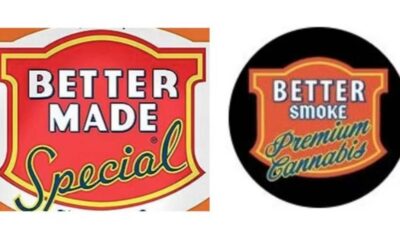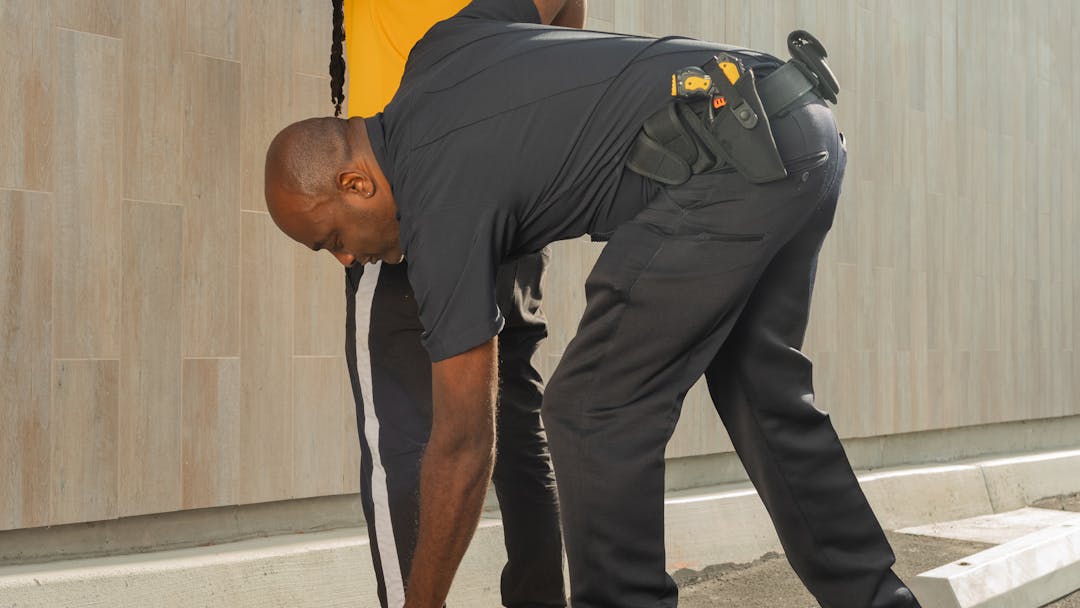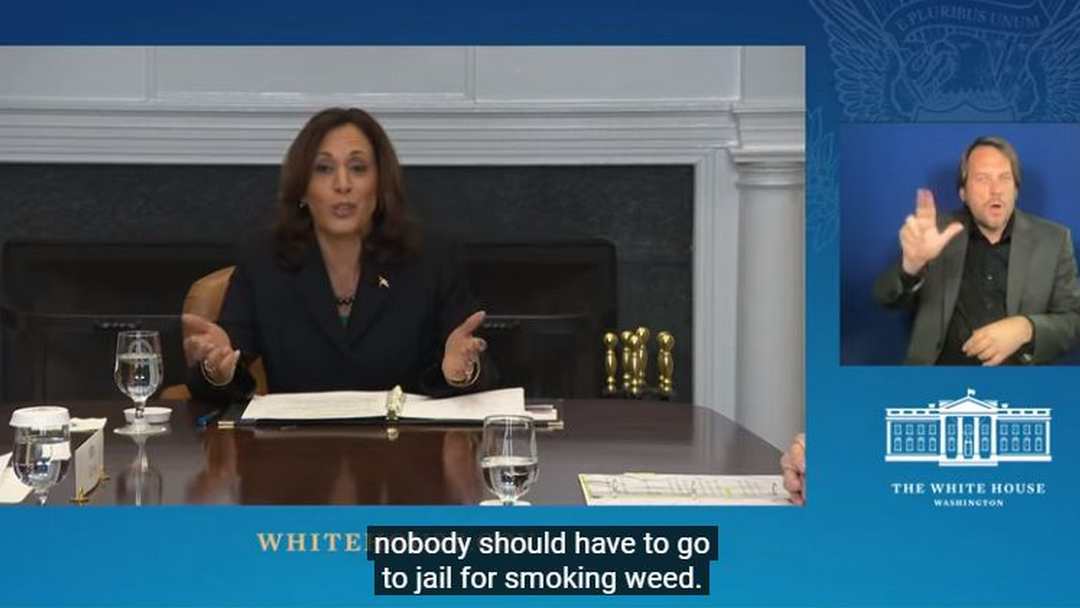Ex-Flint Michigan State Police post commander sued by trooper following internal probeThe former commander of the Michigan State Police post in Flint is alleged to have been providing answers to promotion exam questions to favored officers, while also engaging in...

Woman tried to board flight with 56 pounds of marijuana
Woman allowed airport police to check her luggage, had name tag on bags, according to reports
Before a 21-year-old Memphis woman could board an United Airlines flight, Memphis International Airport Police found 56 pounds of marijuana in her luggage, according to multiple reports.
The woman was charged with possession of a controlled substance with the intention to manufacture, deliver or sell, Shelby County jail records show. This charge is a felony offense that carries harsh penalties.
The woman is now free after posting a $5,000 bond, according to Shelby County jail records.
DISCLAIMER
This post may contain re-posted content, opinions, comments, ads, third party posts, outdated information, posts from disgruntled persons, posts from those with agendas and general internet BS. Therefore…Before you believe anything on the internet regarding anything – do your research on Official Government and State Sites, Call the Michigan State Police, Check the State Attorney General Website and Consult an Attorney – Use Your Brain.



































